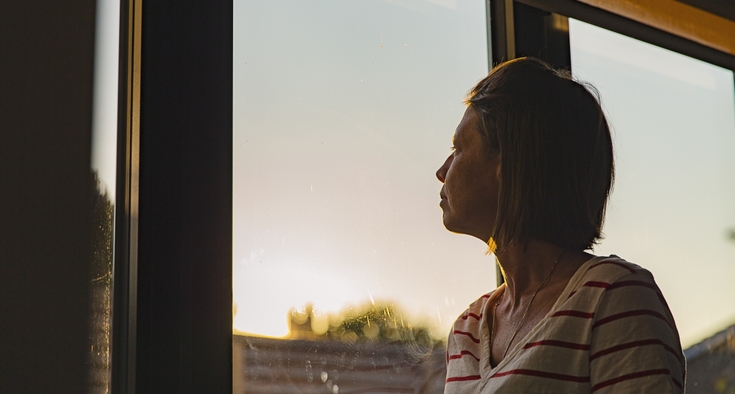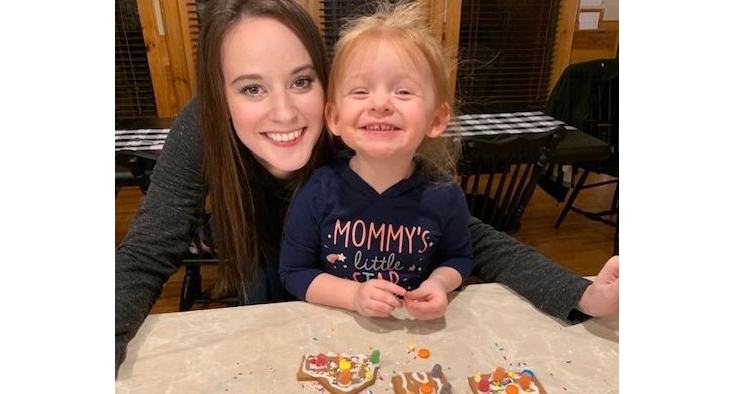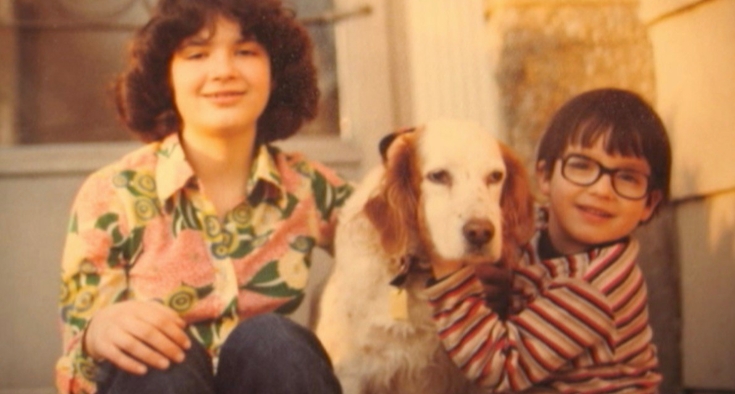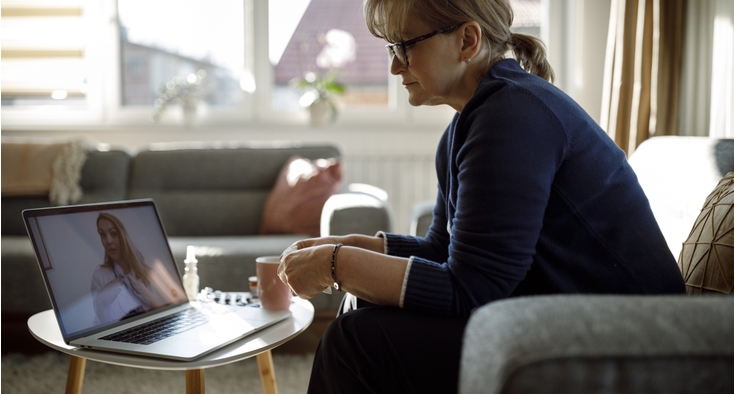If you’ve searched online for some version of, “What do I do if I’m freaking out?” you’ve got lots of company. Google searches on “panic attack” and “anxiety attack” hit a record last spring. Since then – well, you know. It’s been a year.
Many people still feel anxious as the COVID pandemic lingers. We talked with Soltana Nosrati, a psychotherapist with Novant Health Psychiatric Associates in Huntersville, North Carolina, about managing anxiety, whether it’s mild or hampers your day-to-day life.
Have more people come to you for help with anxiety during the pandemic?

When the pandemic started, I already had patients who suffered from debilitating anxiety, like agoraphobia or obsessive-compulsive disorder. After COVID happened, they stopped feeling anxious because the worst happened and they were still here, alive and fine. It emboldened them to do more.
I had a second influx of patients who had never struggled with anxiety or it was very manageable, but all of a sudden it was really debilitating.
You mentioned agoraphobia. What's the difference between agoraphobia and social anxiety?
Agoraphobia means you avoid situations where you fear you'd have little control. It could even mean you're afraid of leaving your house.
With social anxiety, you’ll go out and do things on your own. You don't necessarily like to be in a gathering of people that you don't know. You might use counterproductive coping skills, like having an extra glass of wine.
Some people are experiencing anxiety who haven’t before. Is it normal to feel anxious about leaving the house?
If someone is able to do their routines, like grocery shopping or visiting with friends outdoors, it’s normal anxiety even if they're extremely uncomfortable. There is a pandemic going on. Being concerned is normal.
What can people do on their own to ease their feelings of anxiety?
During the situation that makes you anxious, it might feel like your skin is crawling, like imminent doom might happen. Instead of beating yourself up, be accepting. Tell yourself, “This is how I feel. It’s OK to feel this way.”
I worked from home exclusively for a few months. When they told us to come back into the office, there was no vaccine yet and my first thought was, “What do you mean, come back?” I remember getting in the car and white knuckling it all the way to the office. I white knuckled it for about three days and then noticed that I wasn't white knuckling it anymore.
You’re going to white knuckle it a few times. Chances are after the fifth or sixth time, you'll be OK.
What's an example of anxiety that might need treatment?
For a diagnosis like generalized anxiety disorder or agoraphobia, there has to be a functional impairment in your professional or personal life.
If folks can’t go out, or used to be able to drive and now cannot get in the car even when they're supposed to be somewhere, that’s a functional impairment. They're unable to do what they need to do in order to function in society.
Describe the process to treat anxiety disorders.
When I have patients with OCD or agoraphobia, we start by acknowledging their feelings and adding coping skills like controlled breathing. I’ll ask them to reward themselves in a small way when they expose themselves to things they fear. The idea is to do it gradually and consistently.
Nobody all of a sudden wakes up one day and never leaves the house. It's a gradual progression to agoraphobia or social anxiety. Something must have happened that was negative and so the brain shied away from it. The answer is about teaching your brain, ‘Aha, look! You didn’t die!’
How common are anxiety disorders?
More common than you realize. It’s one of the most common diagnoses I see now.
Sounds like the most important message for anxious people is that there’s hope.
Whenever somebody comes to me with a severe anxiety disorder that they think will never get better, I love being able to say, ‘Give me six months. I promise things will get better.’
I love seeing them go out and have positive experiences. They realize they have resources that they weren't even aware of because they weren't using them.










